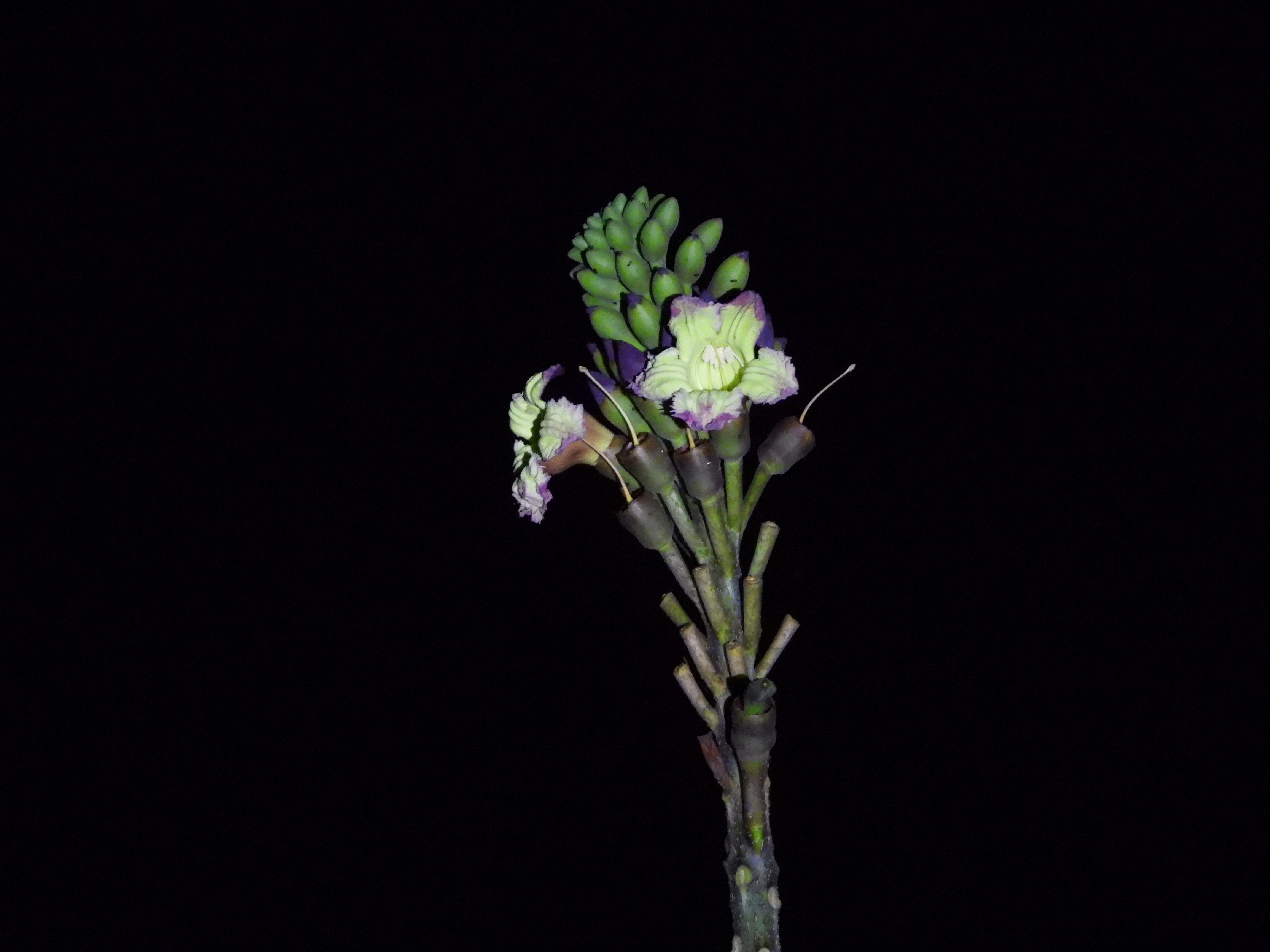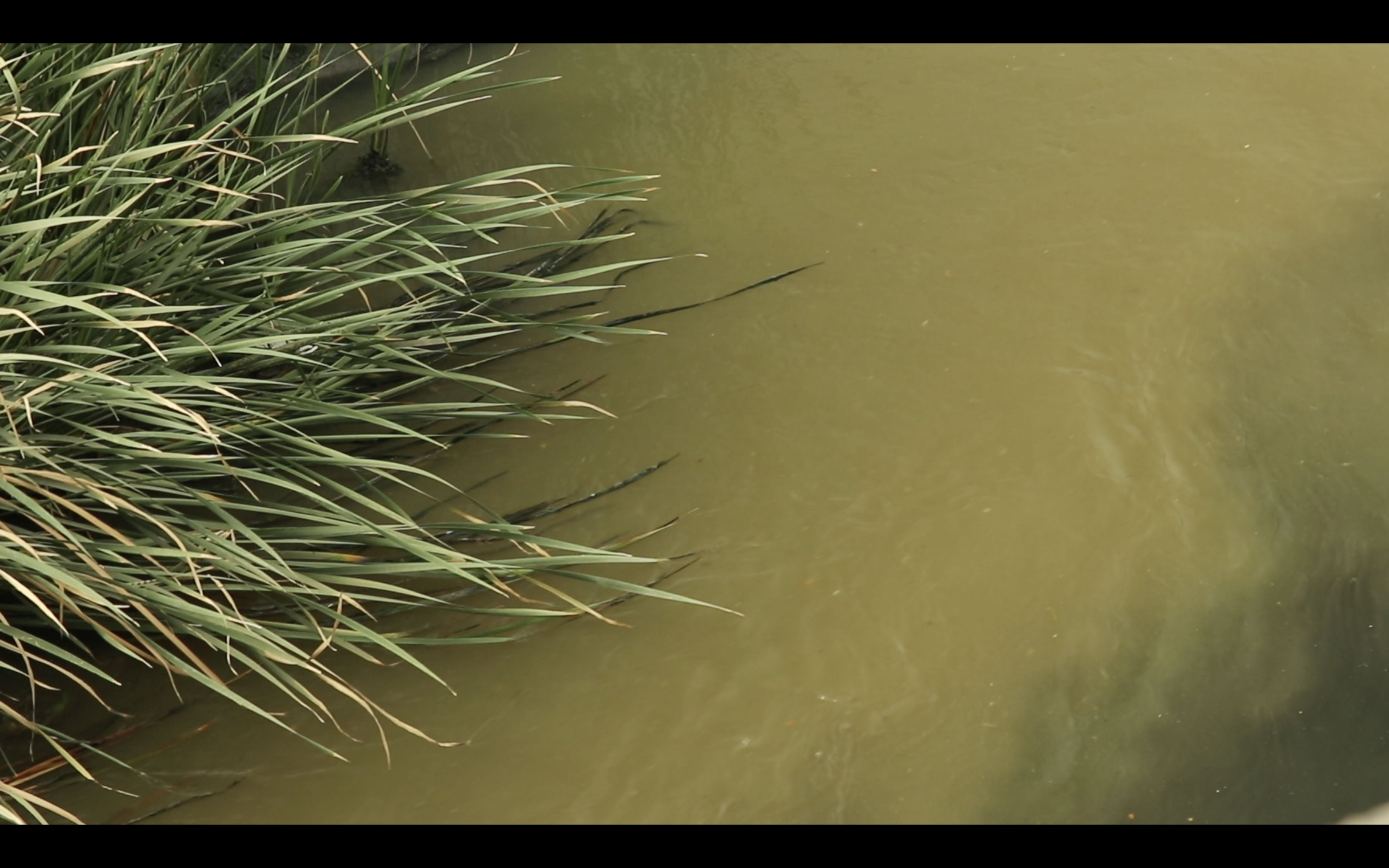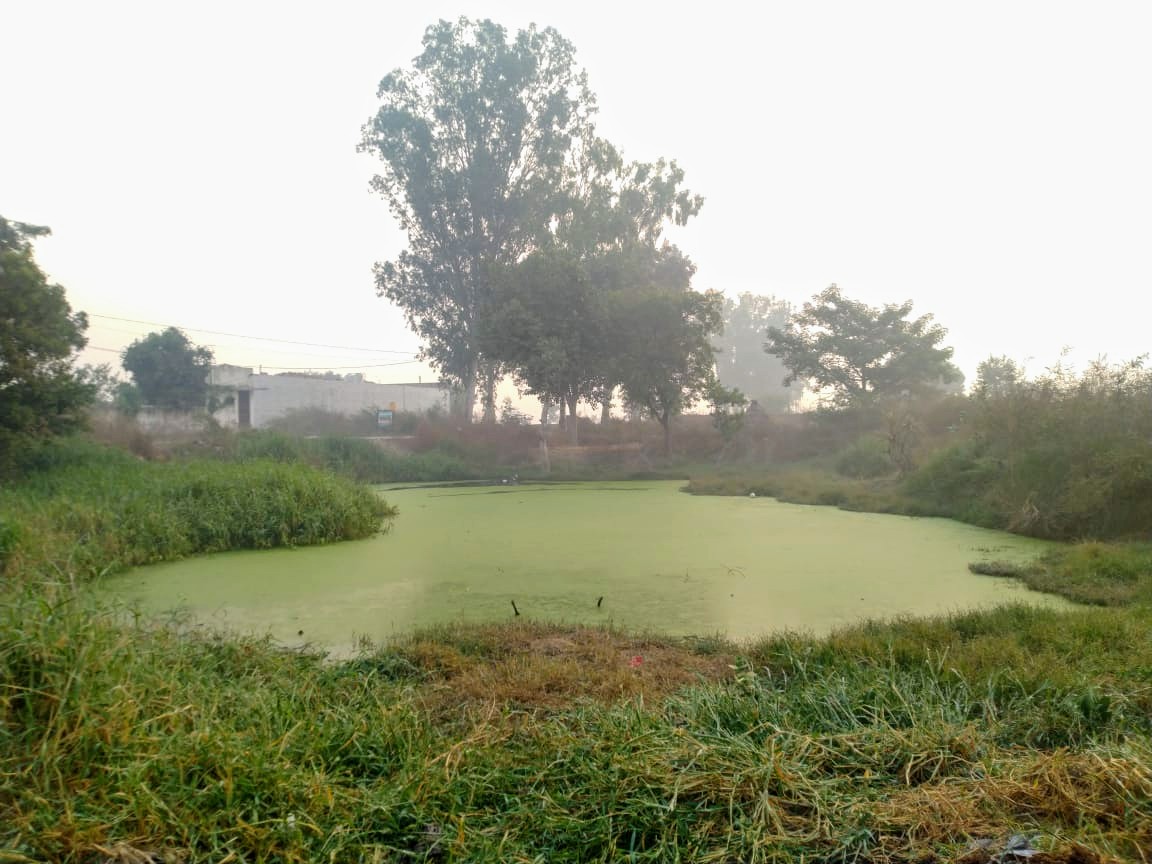Author: Kartik
-

The Digital Ecologies of Animal Display
Kartik Chugh The lockdown induced by the coronavirus pandemic witnessed a rather fascinating development in which wildlife cams gained unprecedented popularity. Millions of viewers tuned into the live streams of nest-cams, bird-cams, and crittercams to watch the compelling drama of animal life unfold. Zoos and aquariums also broadcasted live shows to keep the viewers gripped.…
-

Plant-Pollinator Interactions at Dheerpur Wetland Project Site
Kartik Chugh After almost 5 months in the lockdown, the operations at the Centre for Urban Ecology and Sustainability (CUES) resumed, albeit slowly. Recently, while working at Dheerpur Wetland Project Site (DWPS), two of my colleagues found out that the flowers of Oroxylum indicum tree had started blooming. The news got us pretty excited because…








